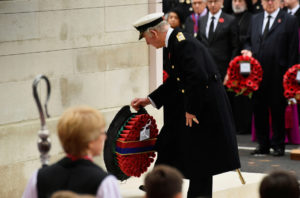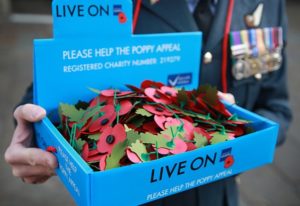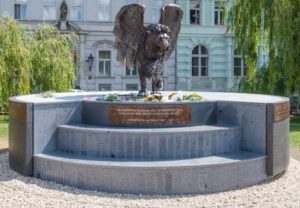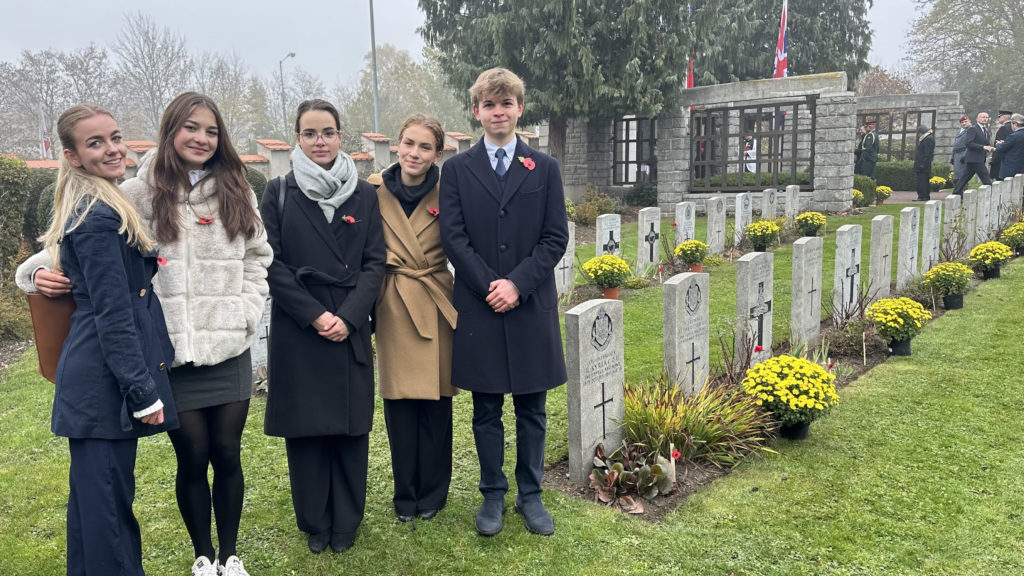Every year, the English College in Prague community remembers those who died serving their country.
Remembrance Sunday has its origins after World War I, which ended on the eleventh hour of the eleventh day of the eleventh month. Every year, on the nearest Sunday to 11 November, every village, town and city in the UK holds a remembrance ceremony and there is a two minutes silence at 11am as a unifying community act of remembrance. The largest ceremony takes place at the Cenotaph in London where our Royal Patron, His Majesty King Charles III, lays a wreath of poppies.

Poppy Appeal
Here in school, we hold an assembly during the week before Remembrance Sunday. We sell red paper poppies for the Royal British Legion’s Poppy Appeal. Ex-service men and women make the poppies to support the charity’s work, which is to help those who still need its support today.

This year, Annexe School Council President, Ellen Semeradová, spoke at an assembly about what Remembrance is and what it is we are remembering. We were reminded that the poppy was adopted as a symbol of remembrance after WWI because it symbolised the return of colour to the battle fields of Flanders, as the poppy was the first flower to grow again after the end of the war.
Remembrance Sunday
Ellen and her co-Presidents, Anežka Bahbouhová and Tadeáš Vacha, together with student representatives on the School Council, Esme Kalovcová and Aneta Krejdlová, joined Dr Brown, Mr Emmerson and Mrs Hearn at Prague’s own Remembrance ceremony. It took place in the Commonwealth War Cemetery in Olšany and the British Ambassador, Matt Field OBE, led the ceremony. Mrs Hearn’s late father, Rudolf Poledník, was a Czech airman in the Royal Air Force during WWII. His name is engraved on the plinth of the Winged Lion memorial at Malostranská.

Our students play an important role in the ceremony, helping young Scouts, Cubs and Beavers from the 1st Prague Scout Group place religious symbols on the graves of the war dead buried in the cemetery.
They pause for a moment by each grave to remember the person buried there, all of them under 30 years old. Especially poignant are the graves that bear the words ‘Known unto God’. This means that it had not been possible to identify the soldier, sailor or airman buried there. It also means that somewhere, there is still a family who never knew what happened to their husband, son or brother, only that they had been recorded as Missing In Action.
